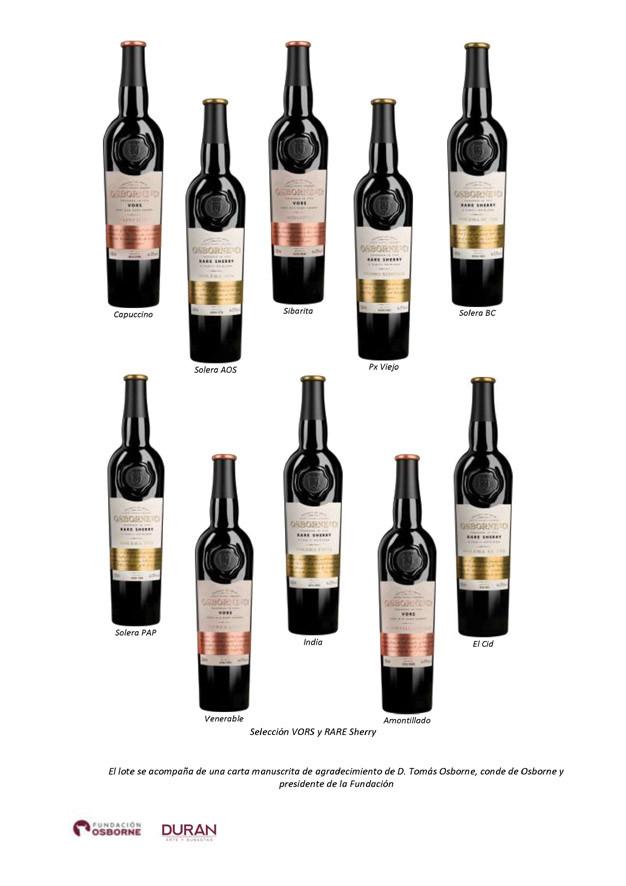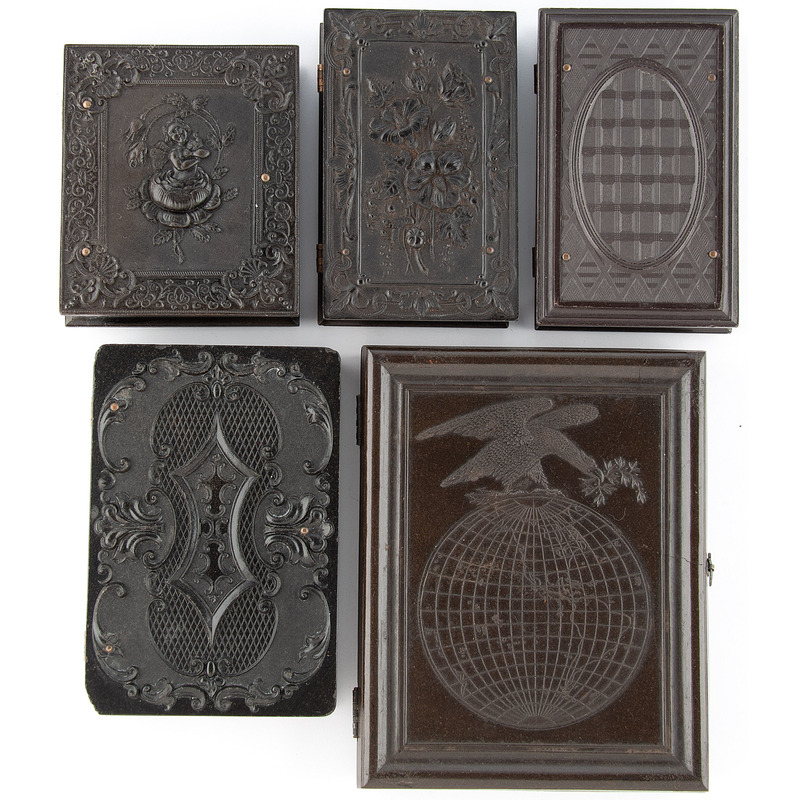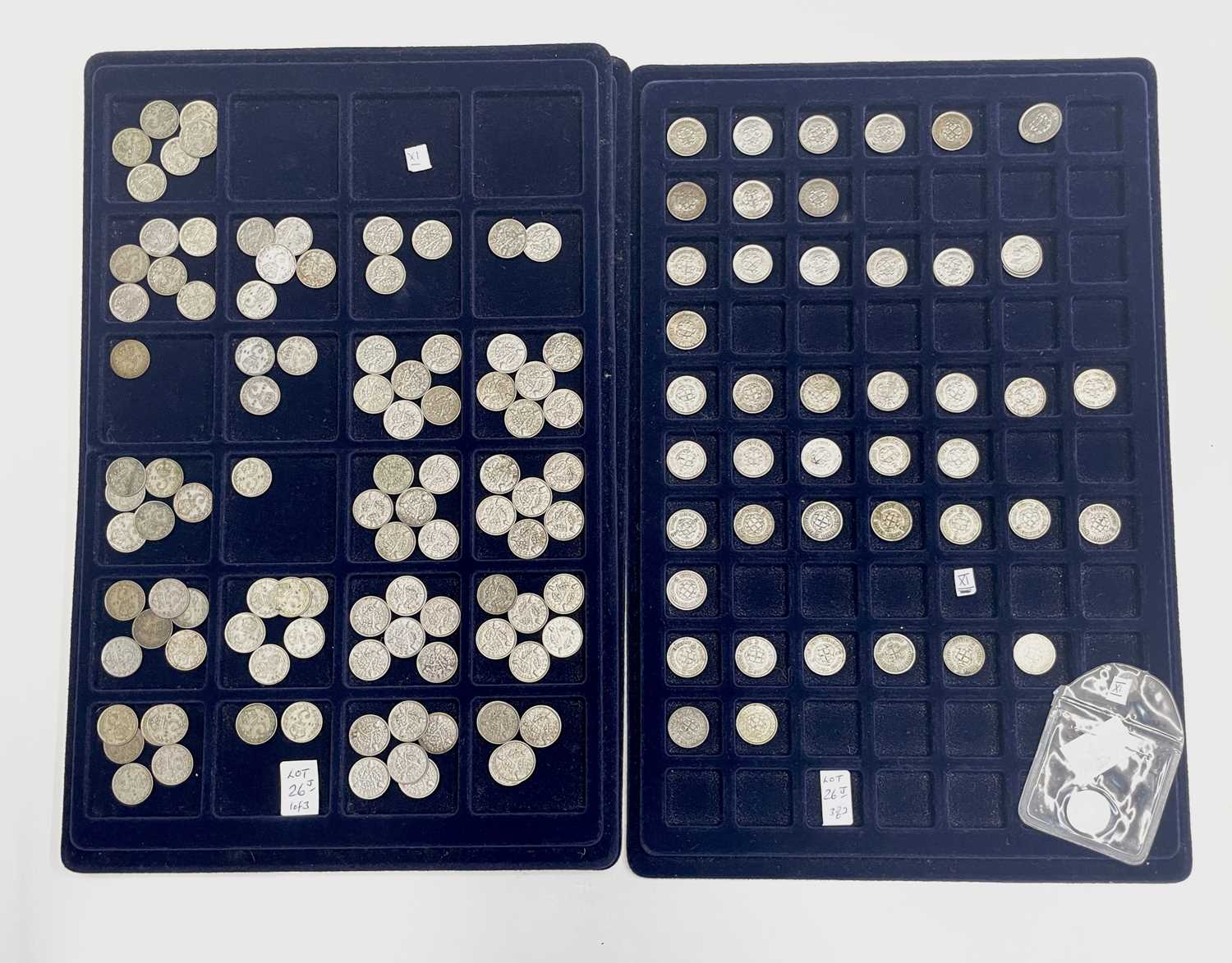A rare K.P.M. for Gallantry, Indian Police Medal group of six awarded to Deputy Inspector-General H. Keene, Indian Police King’s Police Medal, G.V.R., 1st issue, with Gallantry riband (Asst. Supt. Hugh Keene, Indian Police); Indian Police Medal, G.VI.R., for Distinguished Conduct (Hugh Keene, Indian Police, District Superintendent of Police, Madras); British War Medal 1914-20 (2 Lieut.); India Service Medal 1939-45; Jubilee 1935; Coronation 1937, the first with officially corrected unit, generally good very fine (6) £600-800 Footnote K.P.M. (for Gallantry) London Gazette 1 January 1924. The original recommendation states: ‘This officer was taken for duty in the Agency rebellion from its commencement, and served in the operations for some seven months. During this period he was subjected to extraordinary physical exertion, having to perform constant arduous and forced marches under the most trying conditions of climate and country. Throughout this long period he showed great powers of endurance and was ready to respond to any call with cheerful alacrity. He took part in the night action fought on 6 December 1922 under Mr. Sweeney’s command, in which he behaved with great gallantry.’ Indian Police Medal Fort St. George (Madras) Gazette 24 January 1924: ‘This officer joined the Police Force in Madras on 7 October 1920, after active service during the War. Since his arrival he has shown special aptitude for police work and as a Probationary Assistant Superintendent quickly came to notice. Before he completed one year’s service, he was selected for Special Duty in Madras City in connection with the prolonged mill strikes in the year of 1921 which led to serious disturbances calling for great devotion to duty on the part of the officers concerned. At the time he received high commendation for his work. In 1922 he was taken for duty in the Agency rebellion from its commencement, and served in the operations for some seven months. During this period he was subjected to extraordinary physical exertion, having to perform constant arduous and forced marches under the most trying conditions of climate and country. Throughout this long period he showed great powers of endurance and was ready to respond to any call with cheerful alacrity. He took part in the night action fought on 6 December 1922 under Mr. Sweeney’s command, in which he behaved with conspicuous courage and leadership, and for which he was awarded the King’s Police Medal for gallantry. He became a District Superintendent of Police in 1928 and since then has held charge of various heavy districts which he has administered with more than usual ability. He was also Commandant of the Malabar Special Police and he did much to found the efficiency of that body. In November 1935, he took charge of his present post of Assistant Inspector-General, where, with one brief spell of leave, he has since displayed ability of a very high order. During this period he has had to cope with large schemes such as Police, Strike schemes, General Election Police arrangements throughout the Presidency, re-allocation of many parts of the Police jurisdiction, introduction of the Motor Vehicles Act, all arrangements for His Excellency the Viceroy’s visit to this Presidency this year, and many other big schemes involving meticulous devotion to detail and considerable research work.’ Hugh Keene, who was born in November 1897, was commissioned as a 2nd Lieutenant into No. 3 Reserve Battalion (India) from the 1/7th Battalion, Hampshire Regiment in November 1917, but, as mentioned above, shortly afterwards transferred to the Indian Police. Latterly he attained the rank of Deputy Inspector-General, and was awarded the C.I.E. (London Gazette 12 June 1947 refers). Interestingly, the night action referred to in his K.P.M. recommendation was fought by a party of Malabar Special Police ‘by moonlight in a rocky ravine in the jungle, in which the rebels fled after suffering several casualties in killed and wounded
A rare K.P.M. for Gallantry, Indian Police Medal group of six awarded to Deputy Inspector-General H. Keene, Indian Police King’s Police Medal, G.V.R., 1st issue, with Gallantry riband (Asst. Supt. Hugh Keene, Indian Police); Indian Police Medal, G.VI.R., for Distinguished Conduct (Hugh Keene, Indian Police, District Superintendent of Police, Madras); British War Medal 1914-20 (2 Lieut.); India Service Medal 1939-45; Jubilee 1935; Coronation 1937, the first with officially corrected unit, generally good very fine (6) £600-800 Footnote K.P.M. (for Gallantry) London Gazette 1 January 1924. The original recommendation states: ‘This officer was taken for duty in the Agency rebellion from its commencement, and served in the operations for some seven months. During this period he was subjected to extraordinary physical exertion, having to perform constant arduous and forced marches under the most trying conditions of climate and country. Throughout this long period he showed great powers of endurance and was ready to respond to any call with cheerful alacrity. He took part in the night action fought on 6 December 1922 under Mr. Sweeney’s command, in which he behaved with great gallantry.’ Indian Police Medal Fort St. George (Madras) Gazette 24 January 1924: ‘This officer joined the Police Force in Madras on 7 October 1920, after active service during the War. Since his arrival he has shown special aptitude for police work and as a Probationary Assistant Superintendent quickly came to notice. Before he completed one year’s service, he was selected for Special Duty in Madras City in connection with the prolonged mill strikes in the year of 1921 which led to serious disturbances calling for great devotion to duty on the part of the officers concerned. At the time he received high commendation for his work. In 1922 he was taken for duty in the Agency rebellion from its commencement, and served in the operations for some seven months. During this period he was subjected to extraordinary physical exertion, having to perform constant arduous and forced marches under the most trying conditions of climate and country. Throughout this long period he showed great powers of endurance and was ready to respond to any call with cheerful alacrity. He took part in the night action fought on 6 December 1922 under Mr. Sweeney’s command, in which he behaved with conspicuous courage and leadership, and for which he was awarded the King’s Police Medal for gallantry. He became a District Superintendent of Police in 1928 and since then has held charge of various heavy districts which he has administered with more than usual ability. He was also Commandant of the Malabar Special Police and he did much to found the efficiency of that body. In November 1935, he took charge of his present post of Assistant Inspector-General, where, with one brief spell of leave, he has since displayed ability of a very high order. During this period he has had to cope with large schemes such as Police, Strike schemes, General Election Police arrangements throughout the Presidency, re-allocation of many parts of the Police jurisdiction, introduction of the Motor Vehicles Act, all arrangements for His Excellency the Viceroy’s visit to this Presidency this year, and many other big schemes involving meticulous devotion to detail and considerable research work.’ Hugh Keene, who was born in November 1897, was commissioned as a 2nd Lieutenant into No. 3 Reserve Battalion (India) from the 1/7th Battalion, Hampshire Regiment in November 1917, but, as mentioned above, shortly afterwards transferred to the Indian Police. Latterly he attained the rank of Deputy Inspector-General, and was awarded the C.I.E. (London Gazette 12 June 1947 refers). Interestingly, the night action referred to in his K.P.M. recommendation was fought by a party of Malabar Special Police ‘by moonlight in a rocky ravine in the jungle, in which the rebels fled after suffering several casualties in killed and wounded



.jpg)











Testen Sie LotSearch und seine Premium-Features 7 Tage - ohne Kosten!
Lassen Sie sich automatisch über neue Objekte in kommenden Auktionen benachrichtigen.
Suchauftrag anlegen